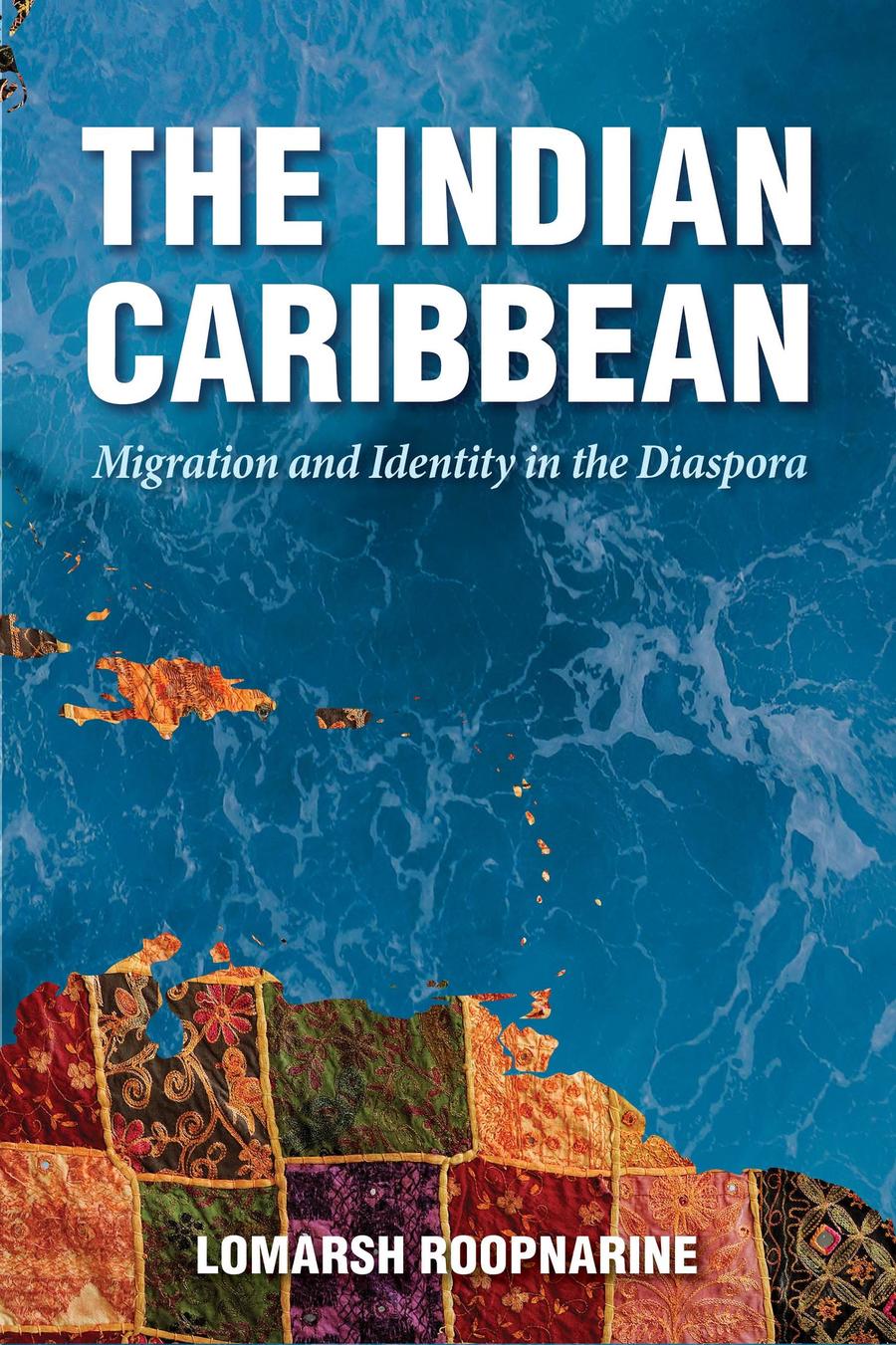‘Aryan’ and ‘Octoroon’: Couples challenge racial labels to get married in VirginiaPosted in Articles, Law, Media Archive, United States, Virginia on 2019-09-06 22:15Z by Steven |
‘Aryan’ and ‘Octoroon’: Couples challenge racial labels to get married in Virginia
The Washington Post
2019-09-06
 Brandyn Churchill and Sophie Rogers are challenging a Virginia requrement to list race when applying for a marriage license. (Christophe Genty/Christophe Genty Photography) |
When they applied for a marriage license in Rockbridge County, Va., Brandyn Churchill and Sophie Rogers were told they could not have one unless they each chose a race, from a list that included “Aryan” and “Octoroon.”
The Supreme Court struck down Virginia’s ban on interracial marriage over half a century ago. Yet the mechanism by which that prohibition was enforced remains on the books: a requirement that all would-be newlyweds identify by race. To fill out the form falsely is a felony.
So, weeks away from their planned Oct. 19 wedding at a barn in Fincastle, Va., the couple is challenging the law in Virginia federal court. Joined by two other engaged couples, they argue the law is a racist holdover that has no place in modern marriage.
The suit is part of both efforts to scrape away vestiges of segregation in Virginia and to move away from institutional categorization in both race and gender. The plaintiffs say people should be free in their personal lives to identify by race but shouldn’t be forced to, under the First, 13th and 14th amendments. But the lawsuit raises a more challenging question: Can the government address discrimination without labels created from it?…
…Kevin Maillard, a law professor at Syracuse University who has studied interracial marriage, said that while researchers might use the data, “I don’t know what the compelling reason that the state would have in retaining tracking of those categories would be.”
But he was skeptical of an effort to move away from race altogether.
“I think with the deep history of racial strife we have in the United States, these categories are going to remain incredibly important,” Maillard said. “My mother is racially mixed, but she considers herself a black person.”
Civil rights groups rely on government data to investigate inequality in schools and the criminal justice system and challenge voting restrictions.
“We need data on who people are to see if there are patterns,” said Myrna Pérez of the Brennan Center for Justice…
Read the entire article here.





